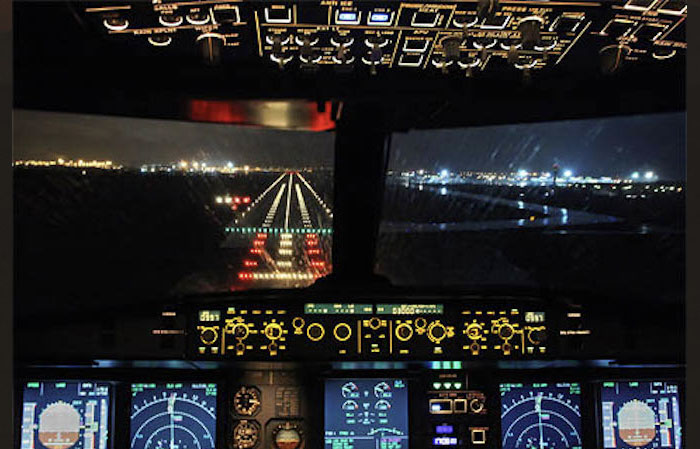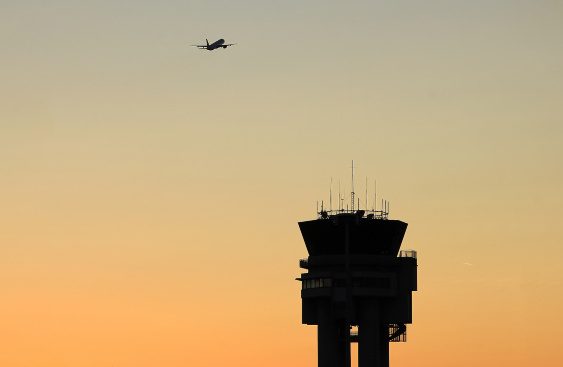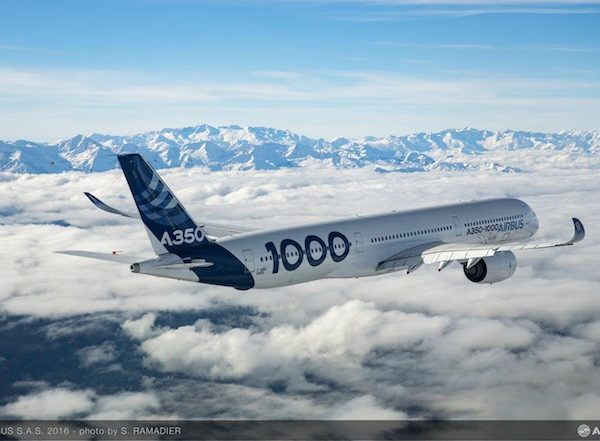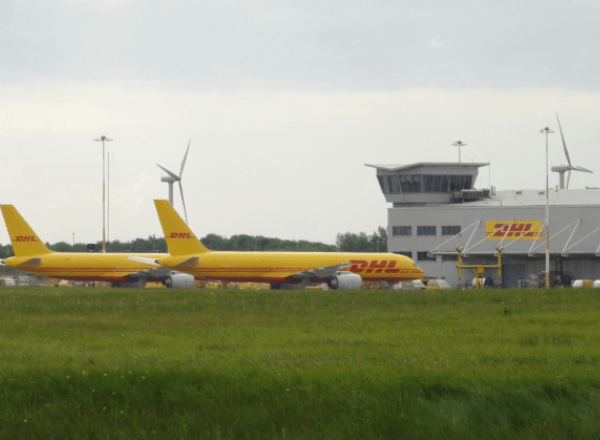This is the second instalment of our Pathway to Becoming a Pilot series.
Becoming a pilot is a dream that many aspire to achieve. It requires dedication, training, and a thorough understanding of complex subjects, especially when pursuing an Airline Transport Pilot License (ATPL). The ATPL is the highest level of aircraft pilot license and is essential for those aiming to become a captain in commercial airliners. This article focuses on the key ATPL subjects that form the backbone of this prestigious license. Though some of these topics are specific to ATPL, there is some crossover with other types of licenses like the Private Pilot’s License (PPL). Michael recently completed his Air Law module as part of his PPL theory – see here.
Figure 1 – A320 cockpit at night [1]
The ATPL theoretical knowledge is extensive and includes the following key subjects:
Core Subjects
- Air Law: This subject covers the regulations and rules governing aviation. It includes international and national aviation regulations, air traffic control laws, and the legal responsibilities of a pilot. Understanding these laws ensures compliance and safety in the airspace.
- Aircraft General Knowledge: This topic provides in-depth knowledge of aircraft systems, engines, instrumentation, and the various components that make up an aircraft. It is essential for troubleshooting and ensuring the mechanical safety of the aircraft.
- Instrumentation: This topic provides knowledge about the various systems and instruments onboard an aircraft. This includes airspeed indicator, inertial navigation system, and flight management system.
- Mass and Balance: In this module, students learn how to calculate the center of gravity of an aircraft to ensure it is within limits during flight.
- Flight Planning and Flight Monitoring: Students learn about the various rules and factors required when planning and be ready to perform all the calculations required for flight including the cruising level, speed, fuel, and ground clearance in the module.
- Performance: Performance is one of the more complex ATPL subjects. In this topic, students will learn about how an aircraft performs in different stages of flight and will be expected to carry out take-off and landing calculations as well as interpret graphs for all stages of flight.
- Human Performance and Limitations: This subject explores the physiological and psychological factors affecting pilots. It includes studies on fatigue, stress management, and the effects of altitude on the human body, aiming to enhance pilot performance and safety.
- Meteorology: Meteorology studies the air environment and how different weather affects flight operations. Understanding weather patterns and phenomena is critical for flight safety.
- General Navigation: This subject teaches the principles of air navigation. It covers topics and skills required for flying an aircraft such as charts, plotting, great circles, temperature, heights, and speed.
- Radio Navigation: This subject teaches about the different radio navigation aids that are used during day-to-day operations, including the use of navigational aids, charts, and flight instruments. Accurate navigation is essential for reaching destinations safely and efficiently.
- Operational Procedures: This subject focuses on the backbone of operating procedures. Whilst operational procedures can vary by aircraft type and airline, this subject will go into detail about regulations and procedures a pilot will need to know before a flight.
- Principles of Flight: This topic covers the aerodynamics and mechanics of how aircraft fly. This includes the study of lift, drag, thrust, and weight, providing a fundamental understanding of flight dynamics.
- Communications: Effective communication is crucial in aviation. This topic covers radio communication procedures, phraseology, and protocols used in both routine and emergencies.
Conclusion
ATPL ground school is a demanding yet rewarding journey that lays the foundation for a successful aviation career. It provides aspiring pilots with the knowledge and skills necessary to operate complex aircraft safely and efficiently. Through dedicated study and training, students emerge as competent, knowledgeable, and confident pilots ready to take on the challenges of the aviation industry.
Click here to read the next article in this series, where we review we review the Zero to Airline Transport Pilot License (ATPL) Programme.
About Pager Power
Pager Power undertakes technical assessments for developers of renewable energy projects and tall buildings worldwide. For more information about what we do, please get in touch.
References
[1] Published online at commons.wikimedia.org. Last accessed on August 13th 2024. Available at: https://upload.wikimedia.org/wikipedia/commons/8/8b/A320-cockpit-night.jpg




